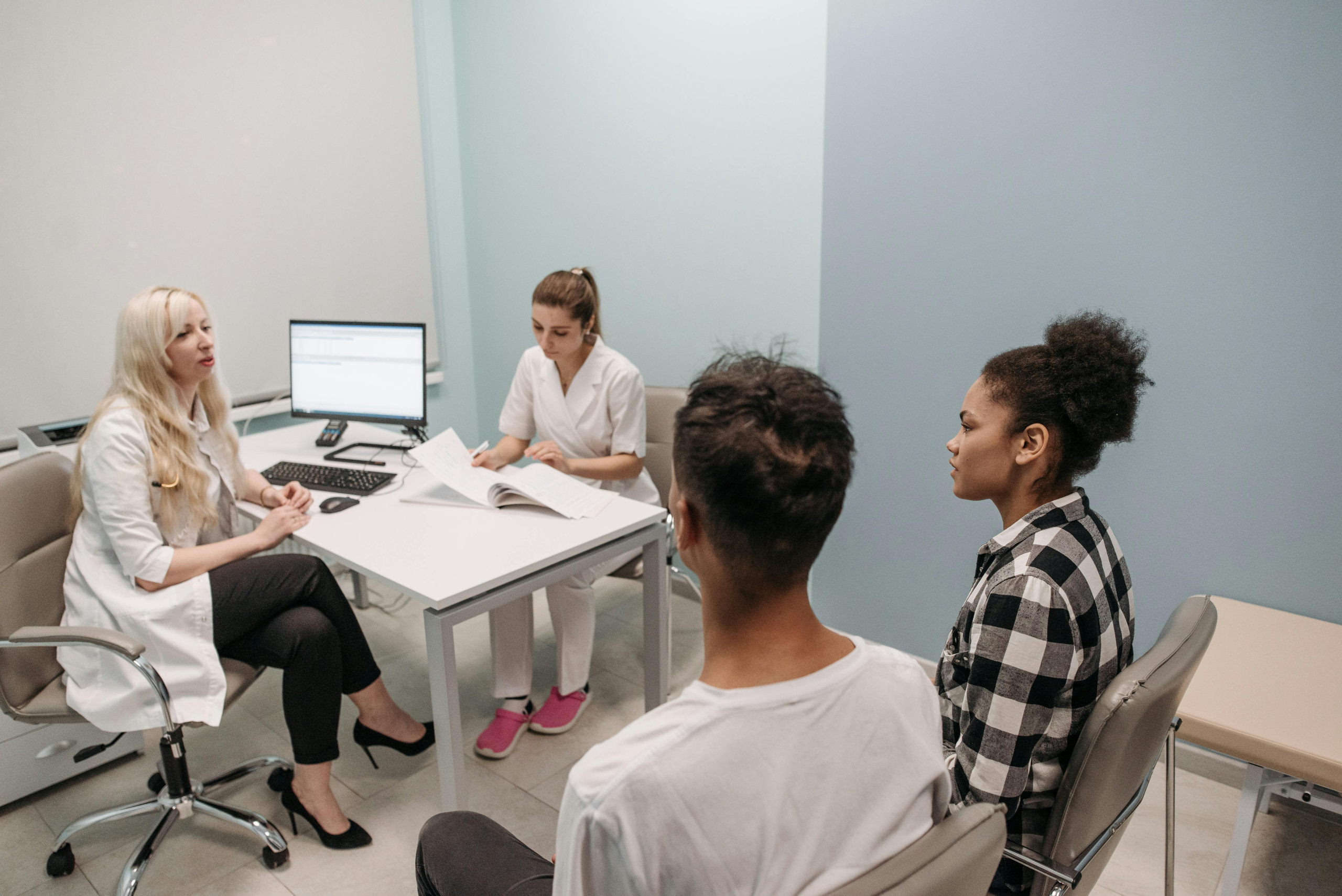When we talk about making healthcare better, we often think about technology. New machines. Faster drugs. Apps that track everything from your heartbeat to your sleep. But sometimes, the real change starts with something simpler: education.
It might not beep or glow, but it helps shape how care gets delivered, especially when whole communities get involved. Smart, well-trained professionals can do more than just treat patients. They can transform how care is given and how people feel about their health.
Training That Lays the Foundation
Every solid healthcare system needs trained experts. You can’t just have machines and hope for the best. You need people around who need to know how to handle them. This is where education steps in. It prepares individuals to become valuable assets in clinics, hospitals, and research labs.
For example, students entering medical dosimetrist programs learn to plan radiation treatment for cancer patients. That’s not a simple job. It takes precision and understanding. Because of its complexity, programs in medical dosimetry are designed for individuals who already hold a bachelor’s degree and often come from related fields like radiation therapy. When education programs take that seriously, the result is a stronger network of professionals who know what they’re doing and care about the people they help.
More Learning, More Trust
Education also builds trust. Patients are more comfortable when they know their care team understands what’s going on. No one wants to feel like a test subject. They want confidence. They want answers.
Healthcare workers who stay up to date can explain treatments better. They can break things down in ways regular people understand. That helps patients follow advice. It helps them stick with treatment. It even helps them heal faster because they feel more supported.
Education Isn’t Just for Doctors
Some people still think the only “important” learning in healthcare happens in med school. That’s not true. Everyone from nurses to technicians to admin staff plays a role. When they know more, they do better. And that lifts the whole system.
Even receptionists with basic health knowledge can guide patients with more care. They can answer small questions and point people in the right direction. That helps the whole patient experience run smoother.
Better Education Means Fewer Mistakes
Let’s face it—healthcare is full of details. Mess up a decimal point, and you could give someone the wrong dose. Forget to sanitize something, and you could spread an infection. Mistakes are a big deal.
Ongoing education helps prevent that. It keeps skills sharp. It updates workers on new rules or tools. It reminds everyone of the basics too. That’s huge because sometimes the basics get skipped when things get busy. Refresher training brings those essentials back into focus.
Education Helps People See the Bigger Picture
In healthcare, it’s easy to get stuck in routines. Check charts. Run tests. Clock out. But strong education pulls people out of autopilot, reminding them why they do what they do.
Courses or workshops often include case studies. Stories of real patients. Lessons on ethics. Deep dives into community health. This kind of learning helps healthcare workers see beyond the walls of a hospital. It connects their work to bigger goals. Like reducing health gaps. Or making sure rural areas get the help they need.
When the Community Learns Together
Sometimes education isn’t just for professionals. It can include the people they serve. Think of programs where hospitals host public health talks. Or schools that bring in guest nurses to teach about hygiene. These small events can create big waves.
When a community knows more about health, it makes better choices. They visit clinics early instead of waiting. They understand signs of disease. They take medications correctly. That takes pressure off emergency rooms. It also builds stronger bonds between health providers and the people they help.

Education as a Long-Term Investment
Some clinics run lean. They skip training because it costs time or money. That’s short-term thinking. When you invest in education, you build teams that work better and stay longer. People feel valued. They grow in their roles.
It’s not just about degrees either. Workshops. Online modules. Mentorships. All these things count. They help people keep learning without leaving their jobs. That makes the system more stable. And it means patients get care from people who know their stuff.
Conclusion: Smarter Healthcare Starts in the Classroom
Better healthcare doesn’t always need new buildings or high-tech gear. Sometimes it just needs better education. When communities invest in learning, everything improves. Patients feel safer. Workers make fewer mistakes. Systems become more efficient.
Programs like medical dosimetrist training show how education directly supports better care. But that’s just one example. From small towns to big cities, education gives healthcare its heartbeat. It creates a space where people don’t just treat illness—they build wellness from the ground up.

